The Intriguing World of Japanese Acupuncture and Hara Diagnosis
As most of you know, one of the styles of acupuncture I’ve been practicing for more than 21 years is Japanese Acupuncture. Before that, I had a thriving shiatsu practice both in NYC and in CT for years. Japanese acupuncture seems a mystery to most, so let me use this blog to explain why I love this wonderful style so much.
Few practices hold as much intrigue and mystique to me as Japanese acupuncture and Hara diagnosis. Rooted in centuries-old traditions (classical acupuncture), this form of acupuncture offers a holistic approach to health and well-being, focusing not just on alleviating symptoms but on restoring balance to the body, mind, and spirit.
The Essence of Japanese Acupuncture
At the heart of Japanese acupuncture lies a deep reverence for the body's innate ability to heal itself. Unlike its Chinese counterpart, which often targets specific points along meridians to address ailments, Japanese acupuncture takes a more subtle and nuanced approach. Practitioners place a strong emphasis on palpation, using touch to detect subtle imbalances in the body's energy flow. You’ll often wonder why I’m palpating your neck and abdomen and using other points away from the area of pain. The specific form of Japanese acupuncture I do comes from the blind school in Japan which is why our hands and fingers are often our detectors to solve issues hidden below.
Exploring the Art of Hara Diagnosis
Central to Japanese acupuncture is the concept of Hara diagnosis, a diagnostic method that involves assessing the abdomen to gain insights into a patient's health. In Japanese culture, the Hara, or abdomen, is considered the body's center of gravity and the seat of one's physical and spiritual well-being - our Core!
During a Hara diagnosis session, the practitioner gently palpates various areas of the abdomen, paying close attention to the quality of tissue, the presence of tenderness or tension, and any other abnormalities. Through this process, they can identify imbalances in the body's energy and organ systems, which may manifest as physical or emotional symptoms.
The Use of Thinner and Shallower Needling Style
One of the distinguishing features of Japanese acupuncture is its use of thinner needles and shallower insertion depths, making it a gentler and less invasive form of treatment. This approach is well-suited for individuals who may be apprehensive about acupuncture or have a low tolerance for pain.
Moxibustion
Furthermore, Japanese acupuncture techniques often involve the use of moxibustion, a practice in which dried mugwort is burned near specific acupuncture points to stimulate healing. Moxibustion is believed to enhance the flow of Qi, or vital energy, throughout the body, promoting overall health and vitality.
The Integration of Tradition and Modern Science
While rooted in ancient wisdom, Japanese acupuncture and Hara diagnosis purtain to modern ailments. My teacher Kiiko Matsumoto will often link modern diseases to chapters in the Ling Shu and Su Wen - ancient medical texts from 1st Century BCE.
Furthermore, Japanese acupuncture and Hara diagnosis are increasingly gaining recognition within the broader medical community for their effectiveness in treating a wide range of conditions, from chronic pain and digestive disorders to anxiety and depression. As interest in holistic and integrative medicine continues to grow, more people are turning to these time-honored practices in search of natural, non-invasive solutions to their health concerns.
Embracing a Path to Wellness
In a world marked by stress, pollution, and the constant barrage of modern life, Japanese acupuncture and Hara diagnosis offer a beacon of hope for those seeking a deeper connection to their health and vitality. By honoring the body's innate wisdom and addressing imbalances at their root, these ancient healing arts empower individuals to take an active role in their well-being and embrace a path to wellness that is as profound as it is transformative. As always, seek a Licensed Acupuncturist (L.Ac.) with experience in this style of practice.

